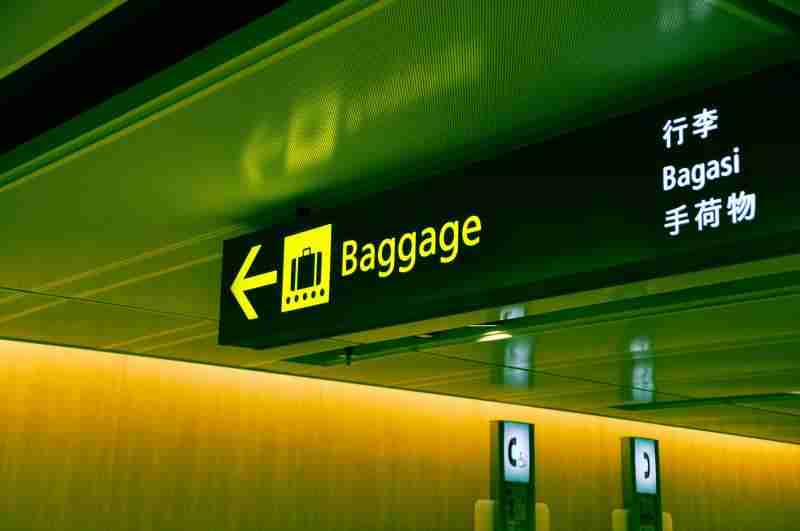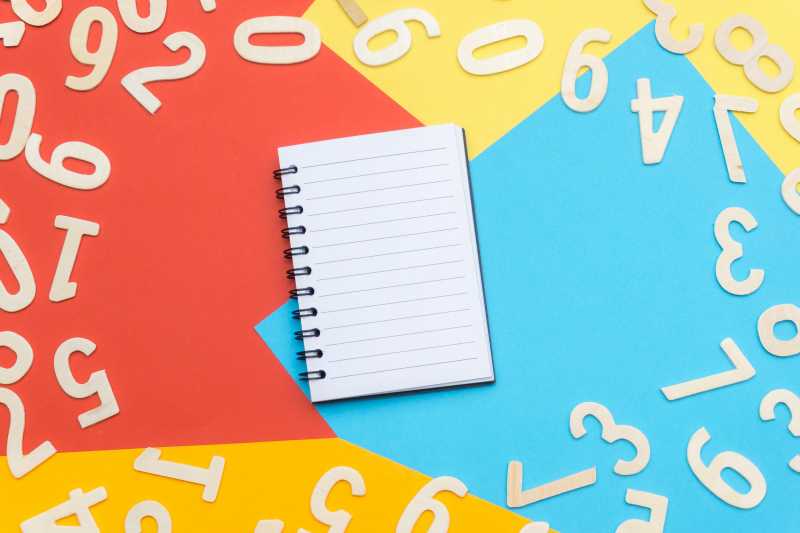When navigating the often complex world of insurance claims, effective communication with your insurance adjuster is crucial for a smooth and successful process. At Projekt Restoration, we understand that dealing with water, fire, or mold damage can be overwhelming, and having a clear line of communication with your adjuster can make all the difference. Whether you’re seeking assistance with a mold assessment, biohazard cleanup, or reconstruction services, knowing how to articulate your needs and concerns can help expedite your claim and ensure you receive the coverage you deserve. In this blog, we’ll explore essential tips and strategies for communicating effectively with your insurance adjuster, empowering you to advocate for your rights and streamline your restoration journey.
Understanding the Role of Your Insurance Adjuster

When navigating the complexities of an insurance claim, understanding the role of your insurance adjuster is crucial for effective communication. An insurance adjuster is a professional who evaluates claims on behalf of the insurance company. Their primary responsibilities include investigating the details of the claim, assessing damages, and determining the compensation amount based on the policy terms.
Effective communication with your adjuster can significantly impact the outcome of your claim. Here are some key aspects to consider:
- Be Prepared: Gather all necessary documentation, including photos of damages, repair estimates, and any relevant correspondence.
- Ask Questions: Don’t hesitate to seek clarification on any aspect of the claims process. Understanding the terminology and procedures can help you feel more confident.
- Stay Professional: Maintain a respectful and professional demeanor, even if the process becomes frustrating. This can foster a more cooperative relationship.
As noted by industry experts, “Clear and open communication can lead to quicker resolutions and better outcomes.” Remember, your adjuster is there to help you navigate the claims process, but they also represent the insurance company’s interests.
For further assistance, consider reaching out through our contact page or utilize our calculator to estimate potential costs. Understanding your adjuster’s role can empower you to advocate effectively for your claim.
Preparing for Your Initial Conversation

When preparing for your initial conversation with your insurance adjuster, it’s essential to approach the discussion with clarity and confidence. Start by gathering all relevant documentation related to your claim, including photographs of the damage, repair estimates, and any previous correspondence with your insurance company. This preparation will not only help you present your case effectively but also demonstrate your commitment to resolving the issue.
Be ready to discuss the specifics of your situation, including the timeline of events leading to the claim and any immediate actions you took to mitigate further damage. This information is crucial for the adjuster to understand the context of your claim. Additionally, familiarize yourself with your policy details, including coverage limits and exclusions, to ensure you are well-informed during the conversation.
Effective communication is key. Practice articulating your points clearly and concisely, and be prepared to ask questions if you need clarification on any aspect of the process. If you feel overwhelmed, consider seeking professional consulting services to guide you through the claims process. Remember, the goal is to establish a cooperative relationship with your adjuster, which can lead to a smoother resolution of your claim. For more information on how to handle specific types of damage, check out our resources on water damage and fire damage restoration.
Key Information to Share with Your Adjuster

When communicating with your insurance adjuster, providing clear and comprehensive information is crucial for a smooth claims process. Start by documenting all relevant details about the incident, including the date, time, and nature of the damage. Take photographs or videos to visually support your claim, as this evidence can significantly enhance your case. Be prepared to share any police reports, fire department reports, or other official documents that pertain to the incident.
Additionally, provide a detailed inventory of damaged items, including their estimated value and any receipts or proof of purchase you may have. This will help the adjuster assess the extent of your loss accurately. If you have already engaged professionals for water damage restoration or other services, share their reports and findings with your adjuster to give a clearer picture of the situation.
Lastly, maintain open lines of communication. Regularly follow up with your adjuster to ensure that your claim is progressing and to address any questions they may have. By being proactive and organized, you can facilitate a more efficient claims process and increase the likelihood of a favorable outcome. For further assistance, consider reaching out through our contact page or utilize our calculator to estimate potential costs related to your claim.
Tips for Clear and Concise Communication
Effective communication with your insurance adjuster is crucial for a smooth claims process. To ensure clarity and conciseness, start by preparing all necessary documentation related to your claim. This includes photographs, receipts, and any relevant reports. Organizing this information beforehand allows you to present your case clearly, minimizing misunderstandings.
When discussing your claim, use straightforward language and avoid jargon. This helps the adjuster understand your situation without confusion. Be specific about your needs and concerns, and don’t hesitate to ask questions if something is unclear. This two-way communication fosters a collaborative atmosphere, making it easier to resolve issues.
Additionally, keep your messages brief and to the point. Long-winded explanations can lead to misinterpretations. Instead, focus on the essential facts and figures that support your claim. If you need assistance with your claim or have questions about the process, consider reaching out for professional consulting services.
Finally, follow up regularly to ensure your claim is progressing. This demonstrates your commitment and keeps your case on the adjuster’s radar. By implementing these strategies, you can enhance your communication with your insurance adjuster, leading to a more efficient claims process. For more information on managing your insurance claims effectively, explore our resources on reconstruction and content cleaning.
Navigating Difficult Conversations
When dealing with insurance adjusters, effective communication is crucial, especially during challenging discussions. These conversations can often be stressful, as they involve sensitive topics such as property damage, claims, and financial compensation. To navigate these discussions successfully, it’s essential to approach them with preparation and clarity. Start by gathering all relevant documentation, including photos, repair estimates, and any previous correspondence. This information will help you present your case confidently and accurately.
Active listening is another key component. Pay attention to the adjuster’s concerns and questions, and respond thoughtfully. This not only demonstrates your willingness to cooperate but also fosters a more productive dialogue. If misunderstandings arise, don’t hesitate to ask for clarification, ensuring both parties are on the same page.
Additionally, maintaining a calm and respectful demeanor can significantly influence the outcome of the conversation. If tensions escalate, take a moment to breathe and refocus. Remember, the goal is to reach a fair resolution, and a collaborative approach often yields the best results.
For more resources on handling insurance claims effectively, consider exploring our contact page for professional assistance or use our calculator to estimate potential costs related to your situation. Understanding your rights and options can empower you during these discussions.
Following Up: Maintaining Open Lines of Communication
Effective communication with your insurance adjuster is crucial for a smooth claims process. Maintaining open lines of communication ensures that both parties are on the same page regarding the details of your claim. Regular follow-ups can help clarify any uncertainties and keep your claim moving forward. It’s important to document all interactions, including dates, times, and the content of discussions. This not only provides a record of your communications but also helps in case of any disputes.
When you reach out, be clear and concise about your concerns or questions. Whether you’re inquiring about the status of your claim or providing additional information, a well-structured message can facilitate quicker responses. Utilize various communication methods, such as phone calls, emails, or even in-person meetings, to ensure your adjuster receives your updates promptly.
Additionally, consider using tools like a claims calculator to estimate potential payouts or damages, which can be helpful during discussions. If you encounter challenges, don’t hesitate to seek professional consulting services to guide you through the process. Remember, proactive communication can significantly impact the outcome of your insurance claim, making it essential to stay engaged and informed throughout the process.
Knowing When to Escalate Your Concerns
Effective communication with your insurance adjuster is crucial for a smooth claims process. However, there may come a time when you feel your concerns are not being adequately addressed. Recognizing when to escalate your issues is essential to ensure that your needs are met and your claim is processed fairly.
Start by documenting all interactions with your adjuster, including dates, times, and the content of discussions. If you notice delays or lack of response, reach out to your adjuster to express your concerns directly. If the situation does not improve, consider escalating the matter to their supervisor or a claims manager. This step can often lead to a quicker resolution, as higher-level staff may have more authority to address your issues.
Additionally, if you believe that your claim is being unfairly denied or undervalued, you might want to seek external assistance. Consulting with a professional, such as a public adjuster, can provide you with expert insight into your situation. They can help you navigate the complexities of your claim and advocate on your behalf. For more information on how to handle your claim effectively, visit our contact page or explore our calculator for estimating potential costs. Remember, being proactive and informed can significantly impact the outcome of your insurance claim.
In conclusion, effective communication with your insurance adjuster is crucial for navigating the often complex world of insurance claims. By being prepared, organized, and respectful, you can foster a positive relationship that facilitates a smoother claims process. Remember to clearly articulate your needs, provide thorough documentation, and ask questions whenever necessary. Building rapport and maintaining open lines of communication can significantly impact the outcome of your claim. Ultimately, being proactive and informed will empower you to advocate for your interests and ensure that you receive the coverage you deserve. With these strategies in mind, you can approach your interactions with confidence and clarity, paving the way for a successful resolution to your insurance needs.





